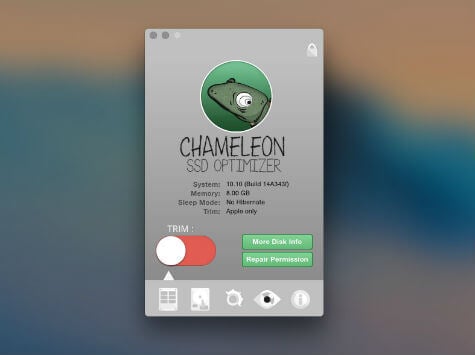

Most modern drives have a feature called S.M.A.R.T. (Self-Monitoring, Analysis, and Reporting Technology), which monitors different drive attributes in an attempt to detect a failing disk. That means even if your drive isn't making strange noises, you should keep an eye on its health once in a while, so you can prepare for death before it happens. Unless your drive experiences excessive heat or physical trauma, it'll probably fail gradually. Newer solid-state drives (SSDs) don't have moving parts, but their storage cells degrade a little bit every time you write to them, meaning they too will eventually fail (though SSD reliability is much better than it used to be). On older spinning drives, moving parts like the motor can degrade over time, or the drives' magnetic sectors can go bad. This is normal, especially if your drive is more than a few years old. Strange noises, corrupted files, crashing during boot, and glacial transfer speeds all point to the inevitable end.


It might be time to say farewell, but here's what you should do before it goes to the big data center in the sky.Įvery hard drive dies eventually, and when it's near death, you'll see the signs. It's starting to make clicking or screeching noises, it can't seem to find your files, and it's moving really slowly. Your hard drive hasn't been acting the same lately.


 0 kommentar(er)
0 kommentar(er)
